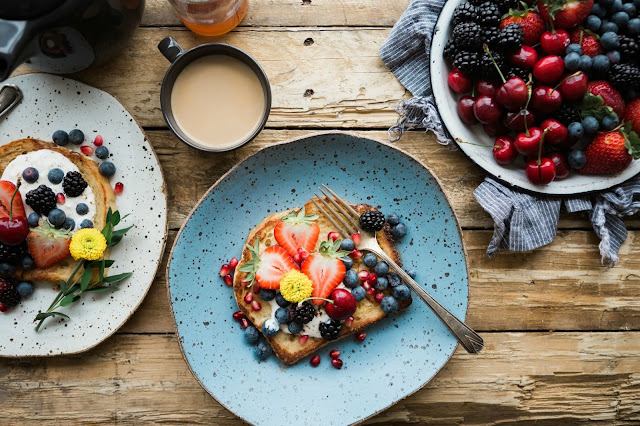Vegan Consumerism: to be vegan or to buy vegan products
Lately, the vegan phenomenon has reshaped the perception people have on animals, meat and the environmental concern itself. As a result, many companies redesign their marketing campaigns turning them into 'green and fair' purchases. Consequently, many persons shift their purchase preferences for 'green labelled' products and they believe that by doing this they actually contribute to diminish the unsustainable pattern of our greedy consumer lifestyles. Although, at the surface level, we are changing our habits and learning to say no to more harmful options, we still continue in acquiring and piling more and more items. Instead of transforming our habits, what we do is that we exchange them. An illustration to prove our habits actually do not change is when we buy vegan clothes with the same frequency as the common fashion, or vegan perfume, or vegan furniture or vegan sausages. We reduce our cognitive dissonance by telling us, this clothes are better, no animal suffered, but indirectly we still add on the giant amount of our impulsive decisions for more.
Should we then stop completely the purchase of useless stuff and thus cause havoc on the current economic system? Well, this question might be too drastic. Obviously, radical approaches are not contributing to a long-term consistency in our purchases. So should we include then marginal changes into our lifestyles as consumers? Evidence confirms that marginal changes in our lifestyles bring only marginal changes at a global level. So this unlikely will bring the salvation we are urged for. This controversy only makes this question remains unanswered longer and therefore, people continue to solve it in the same way as they did many years ago. And we can clearly see that it is not bearable anymore.
What I suggest here, is to consider the short and long-term effect of our purchase needs and involve a greater amount of awareness when investing our time, money and personal energy into things that can bring great social benefits or contrarily, devastating side-effects because of our hedonically fuelled lives. Even Aristotle in his wide perspective on happiness tried to synergistically combine hedonic and eudaimonic views on how to live our life to the fullest. He identified a very important aspect leading to human long-lasting happiness, which is the existence of a meaning behind our actions. Therefore, we as mighty rational human beings are able to lead more meaningful lives by engaging into activities that are truly meaningful to us and other sentient beings (animals, planet and universe).
In other words, we ought to employ our common sense and the logic when we are faced with green advertising campaigns promoting this false perception of a better economy. Well, obviously it is a far more profitable economy for businesses to gain a surplus on goods that are deemed fairer and greener. But the only greener aspect is their profit curve. We as citizens and responsible consumers need to re-think our daily strategies when deciding what we truly need and if that need is bringing good at individual and collective level. We have to learn to make new choices, and saying no on time is sometimes the best choice we can do.
So, in spite of those beautiful messages on vegan products, vegan services and green lifestyles and before you embark yourself into the pre-manufactured dream based on hidden realities, enjoy your day as it comes, use the most of your own resources, balance your emotions with activities that enrich the greatness of your soul. To be vegan you don't need to buy so many vegan items.




Comments
Post a Comment